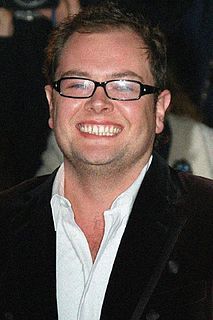A Quote by Mark Zuckerberg
I look at Google and think they have a strong academic culture. Elegant solutions to complex problems.
Related Quotes
Complexity has and will maintain a strong fascination for many people. It is true that we live in a complex world and strive to solve inherently complex problems, which often do require complex mechanisms. However, this should not diminish our desire for elegant solutions, which convince by their clarity and effectiveness. Simple, elegant solutions are more effective, but they are harder to find than complex ones, and they require more time, which we too often believe to be unaffordable
In the past, [medicalization]has been portrayed as something that doctors inflict on a passive and un-suspecting world - an expansion of the Medical Empire. But in reality, it seems that these reductionist bio-medical stories can appeal to us all, because complex problems often have depressingly-complex causes, and the solutions can be taxing, and unsatisfactory.
My literary criticism has become less specifically academic. I was really writing literary history in The New Poetic, but my general practice of writing literary criticism is pretty much what it always has been. And there has always been a strong connection between being a writer - I feel as though I know what it feels like inside and I can say I've experienced similar problems and solutions from the inside. And I think that's a great advantage as a critic, because you know what the writer is feeling.



































